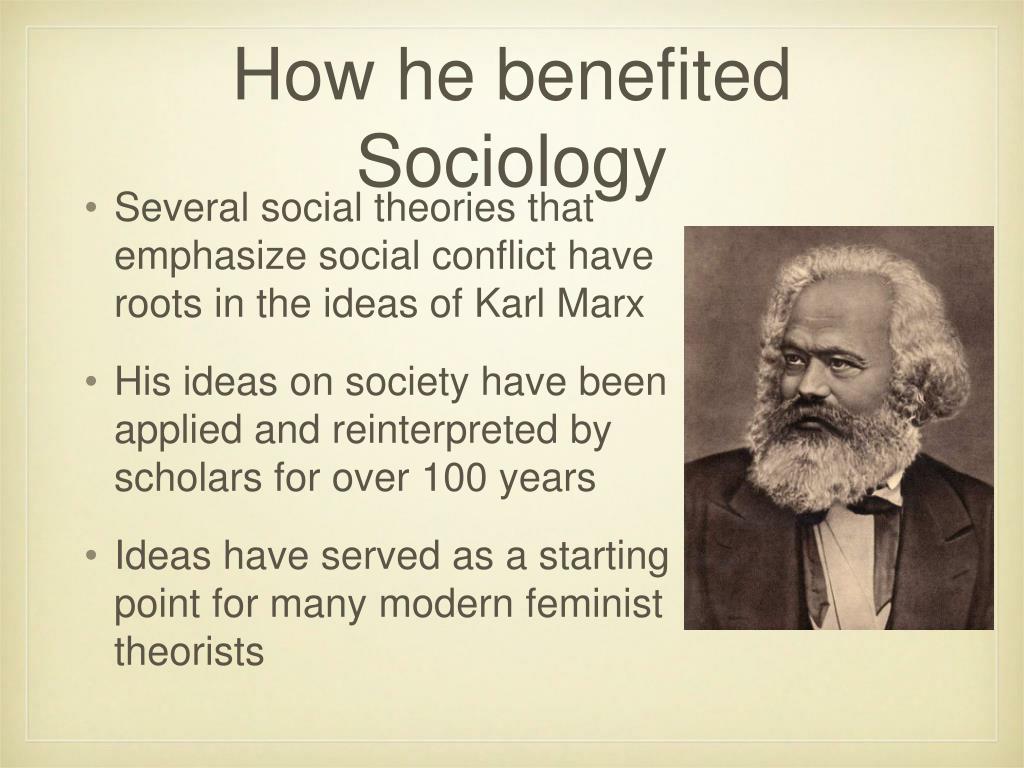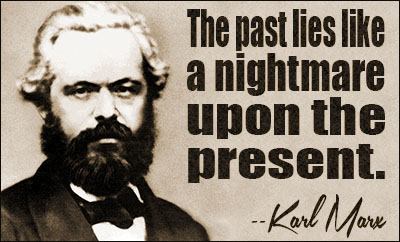


In both works he uses his ideas about history to attack philosophers of the day to convince them to work in the real world and not in the ideal world. In his Critique of Hegel,Marx touches upon history and why history is important to society and how it affects it society in an attempt to highlight weaknesses in Hegelian philosophy and to criticize Hegel’s philosophy for not being part of the real world and yet trying to affect change on society. Two examples of work of his early period are an article, Introduction to a Contribution to the Critique of Hegel’s Philosophy of Right ( Critique of Hegel) written in 1844 for Deutsch-Franzosische Jahrbucher and the book, The German Ideology written in 1854. The early works of Karl Marx were often aimed at fellow philosophers, and written in an academic style of the day, making the reading of such works hard for the common man. This paper will examine how Marx’s two key themes stressing the importance of history, the theory of historical materialism, and what is happening in the present is affected by the past, stayed the same throughout his Early, Middle and Later Works even though his audiences changed and his popularity grew over time. Marx’s writing changed in tone and style as he became more important to society and changed who he wanted to influence from his teachers, to fellow philosophers, to fellow socialists and finally to general public. His early works, written to influence fellow philosophers, are wordy and cryptic while his later works, written for newspapers and the general public, are more entertaining and present Marx’s arguments in a different light. Although his writing style changed with his audience, the overarching themes of Marx’s writings did not change with his audience. Marx changed his writing style to suit his audiences. The bourgeoisie has torn away from the family its sentimental veil, and has reduced the family relation to a mere money relation.One of the first things a reader notices when reading an early work of Karl Marx compared to a later work of Marx is the difference in writing style. It has converted the physician, the lawyer, the priest, the poet, the man of science, into its paid wage laborers. The bourgeoisie has stripped of its halo every occupation hitherto honored and looked up to with reverent awe. In one word, for exploitation, veiled by religious and political illusions, it has substituted naked, shameless, direct, brutal exploitation. It has resolved personal worth into exchange value, and in place of the numberless indefeasible chartered freedoms, has set up that single, unconscionable freedom-Free Trade. It has pitilessly torn asunder the motley feudal ties that bound man to his 'natural superiors,' and has left remaining no other nexus between man and man than naked self-interest, callous 'cash payment.' It has drowned the most heavenly ecstasies of religious fervor, of chivalrous enthusiasm, of philistine sentimentalism, in the icy water of egotistical calculation. “The bourgeoisie, wherever it has got the upper hand, has put an end to all feudal, patriarchal, idyllic relations. Religion is only the illusory Sun which revolves around man as long as he does not revolve around himself.” The criticism of religion disillusions man, so that he will think, act, and fashion his reality like a man who has discarded his illusions and regained his senses, so that he will move around himself as his own true Sun.

The criticism of religion is, therefore, in embryo, the criticism of that vale of tears of which religion is the halo.Ĭriticism has plucked the imaginary flowers on the chain not in order that man shall continue to bear that chain without fantasy or consolation, but so that he shall throw off the chain and pluck the living flower. To call on them to give up their illusions about their condition is to call on them to give up a condition that requires illusions. The abolition of religion as the illusory happiness of the people is the demand for their real happiness. Religion is the sigh of the oppressed creature, the heart of a heartless world, and the soul of soulless conditions. Religious suffering is, at one and the same time, the expression of real suffering and a protest against real suffering. This state and this society produce religion, which is an inverted consciousness of the world, because they are an inverted world. Man is the world of man – state, society. But man is no abstract being squatting outside the world. Religion is, indeed, the self-consciousness and self-esteem of man who has either not yet won through to himself, or has already lost himself again. “The foundation of irreligious criticism is: Man makes religion, religion does not make man.


 0 kommentar(er)
0 kommentar(er)
